Phoenix's Premier ADU Solution
Transform your property with a custom Accessory Dwelling Unit. From planning and permitting to design and construction, we handle it all.
Our Comprehensive ADU Services
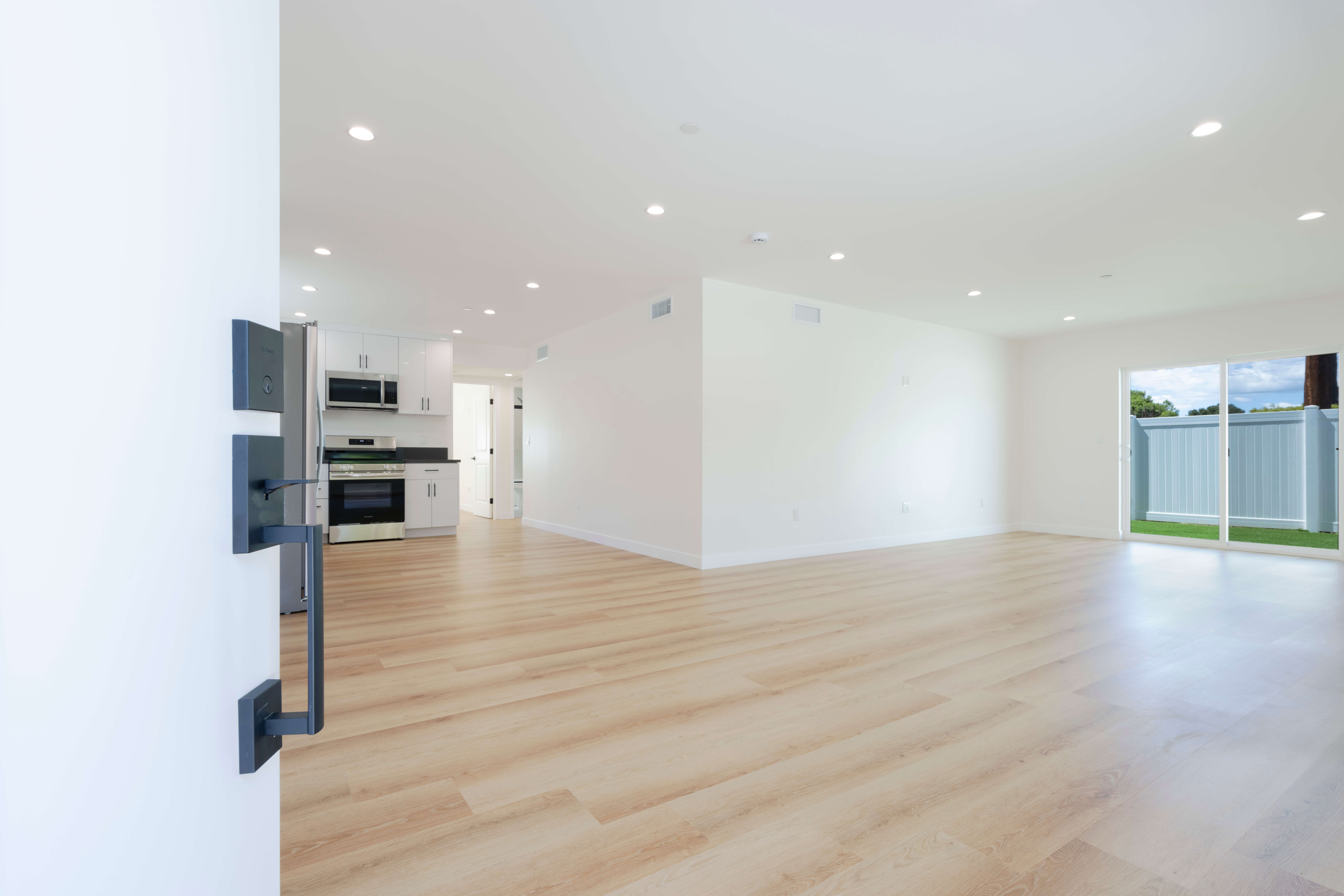
Planning & Design
Custom ADU designs tailored to your property and needs. Our experienced architects create functional, beautiful spaces that maximize your property's potential.
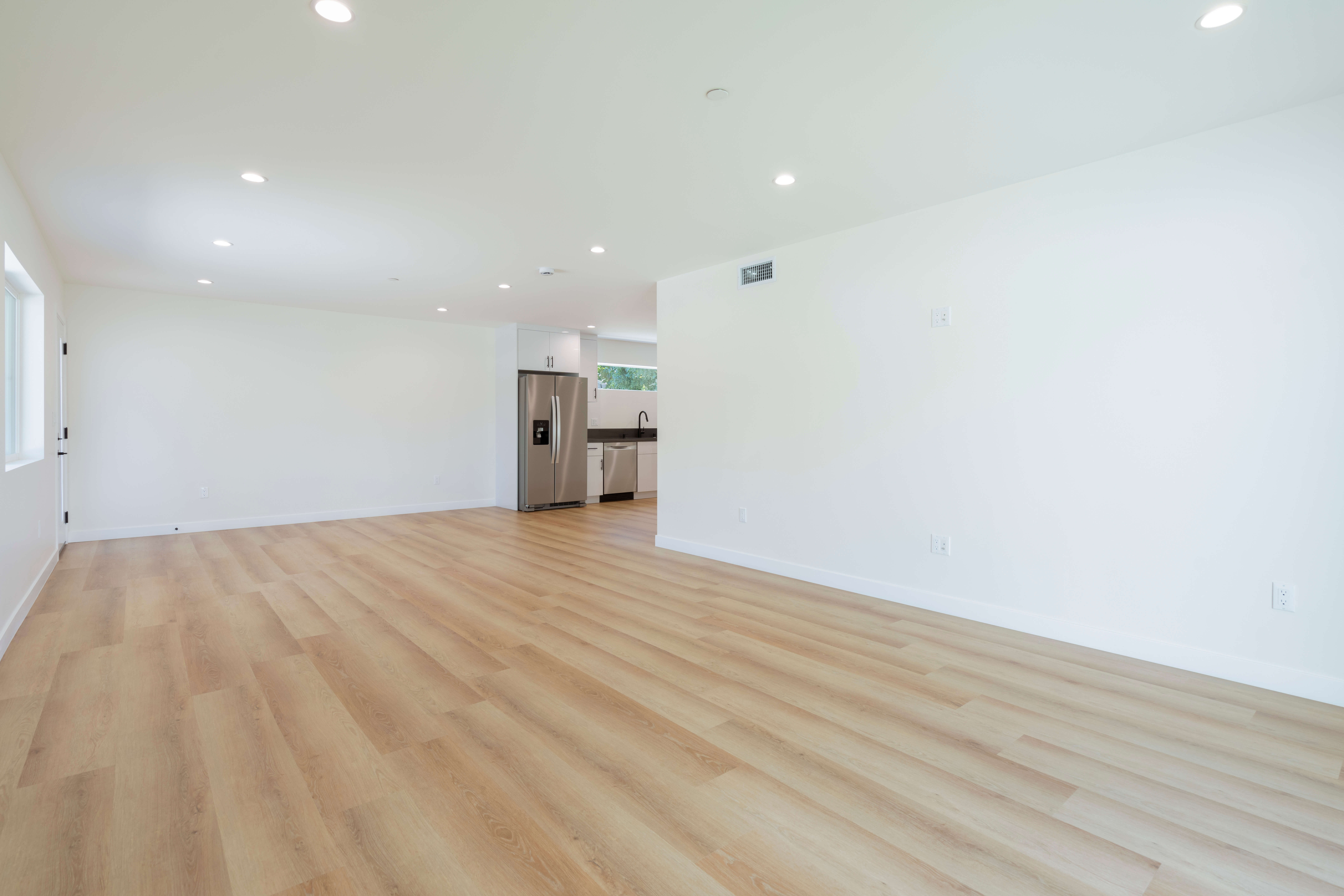
Permitting & Approvals
Navigate the complex permitting process with ease. We handle all paperwork, submissions, and coordination with the city to ensure your ADU project meets all requirements.
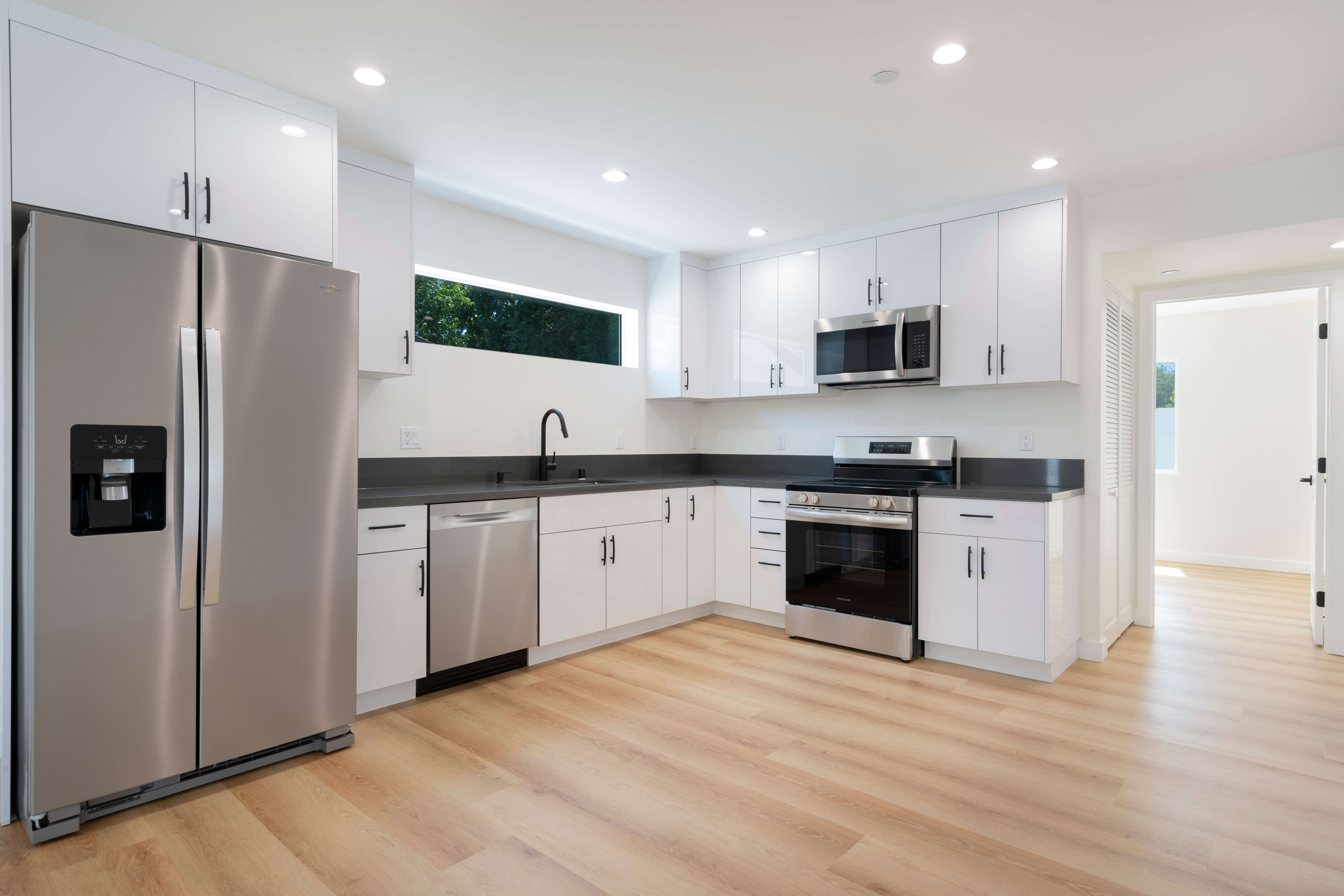
Construction
Professional construction services from experienced builders. Our team delivers high-quality craftsmanship with attention to detail, ensuring your ADU is built to last.
Why Choose BuildPhoenixADU
Local Phoenix Expertise
We understand Phoenix's unique climate, architecture, and regulations. Our designs are specifically created for Arizona living, with features to keep your ADU cool and energy-efficient.
Permit Specialists
Our team stays up-to-date with all Phoenix ADU regulations and requirements. We streamline the permitting process, saving you time and preventing costly delays.
Custom Designs
Every property is unique. We create custom ADU designs that complement your existing home while maximizing functionality and value.
All-in-One Solution
From initial concept to final walkthrough, we handle every aspect of your ADU project, providing a seamless, stress-free experience from start to finish.
Phoenix ADU Types & Options
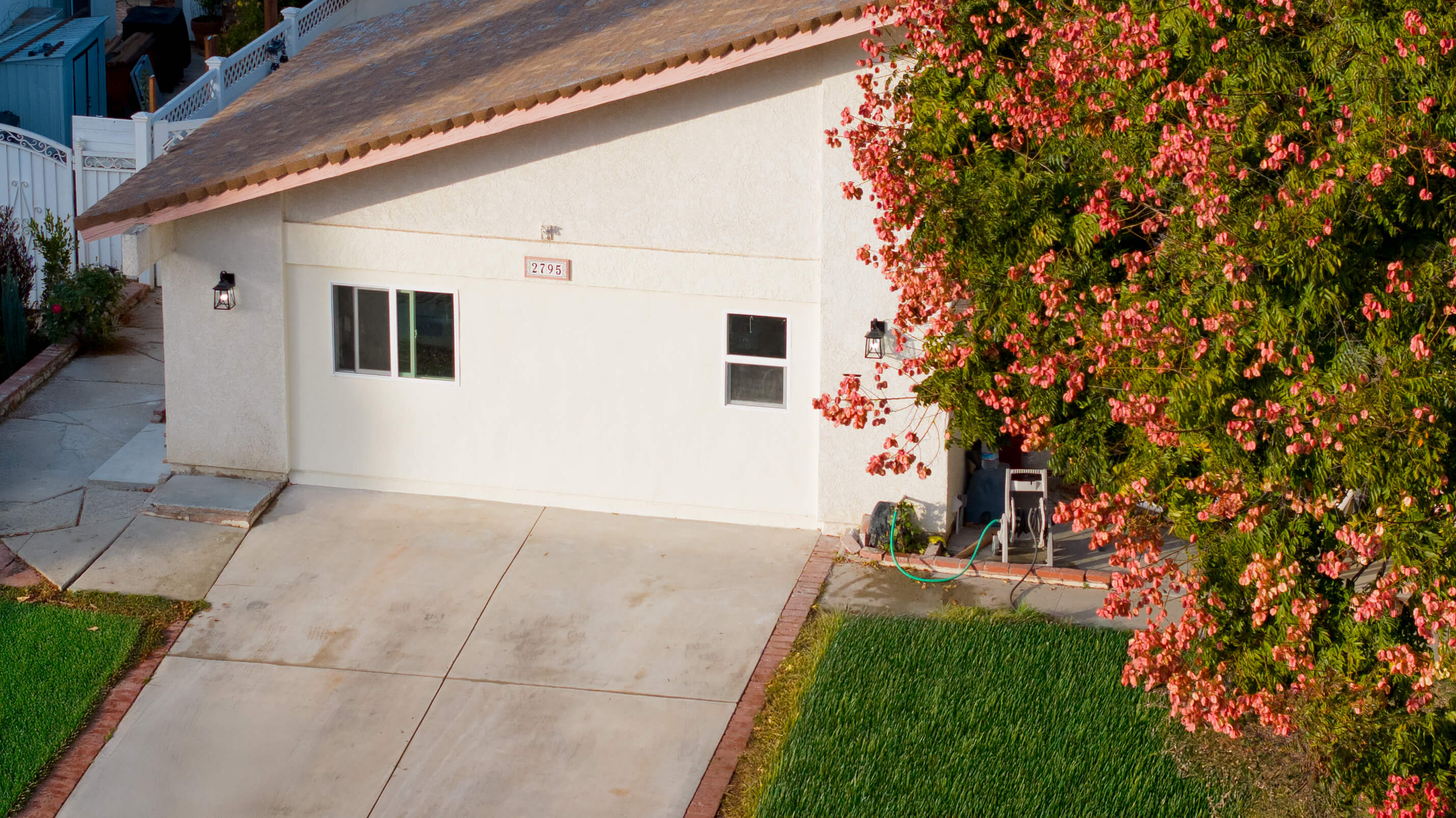
Detached ADUs
Standalone structures separate from your main house. Perfect for rental units, guest houses, or home offices with maximum privacy.
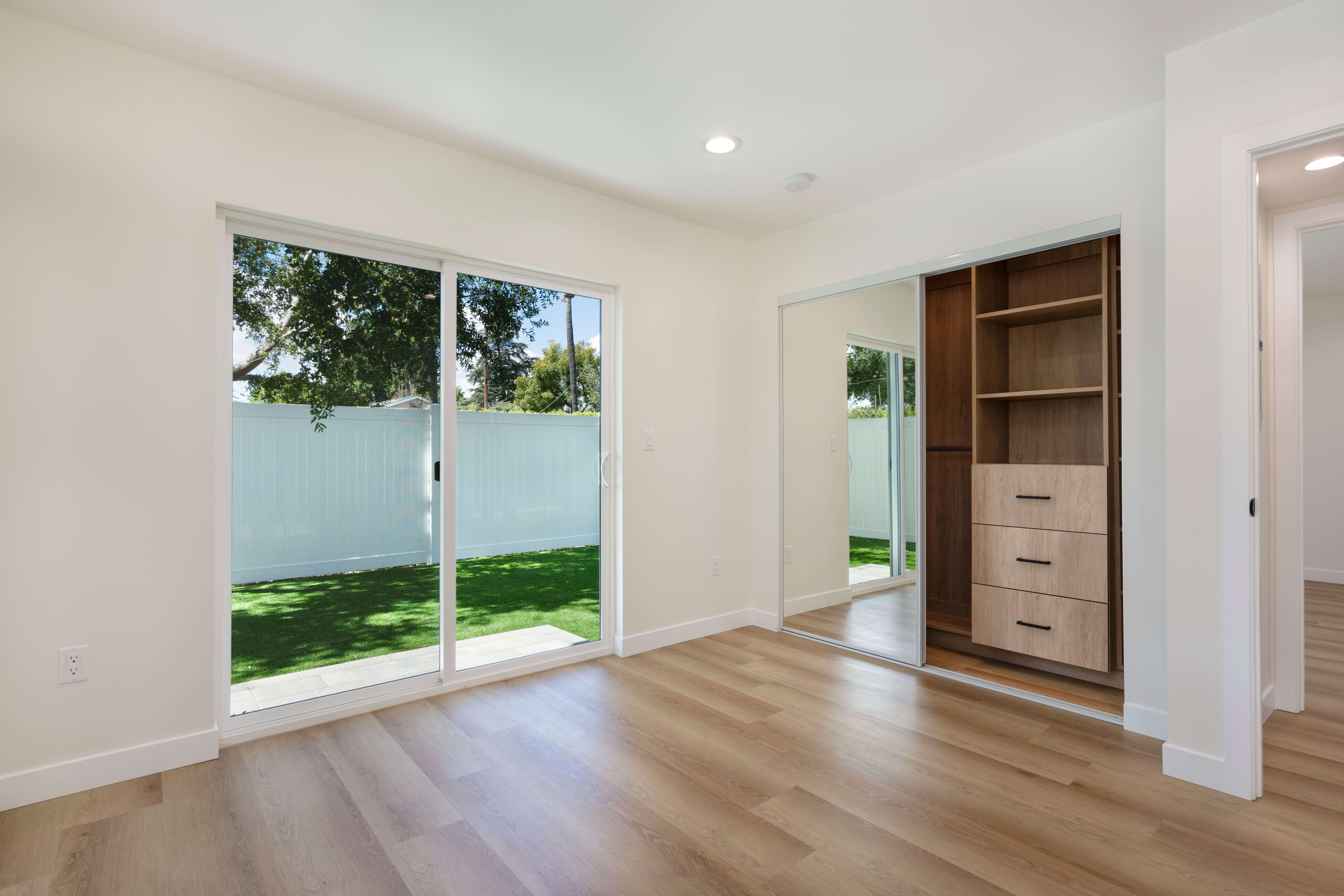
Attached ADUs
Connected to your existing home, these ADUs share at least one wall with the primary residence, providing convenient access while maintaining separate living spaces.
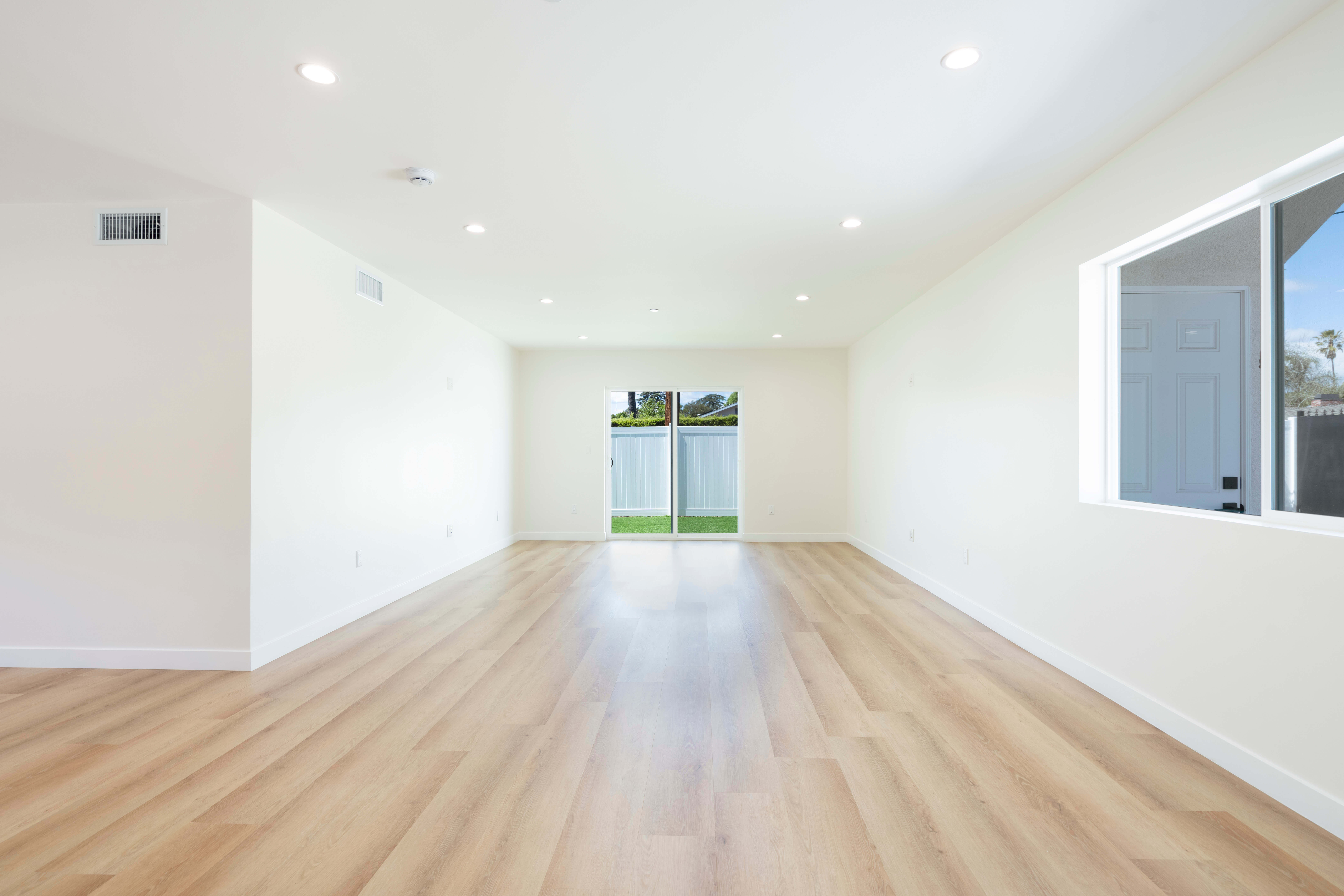
Garage Conversions
Transform your existing garage into a functional living space. A cost-effective option that makes use of your property's existing footprint.
Our Simple Process
1. Consultation
Schedule a free consultation to discuss your ADU goals, property details, and budget considerations.
2. Design
Our architects create custom designs that match your vision while adhering to Phoenix's ADU regulations.
3. Permitting
We handle all permit applications and coordinate with city officials to ensure compliance.
4. Construction
Our experienced team builds your ADU with high-quality materials and craftsmanship.
Our Phoenix ADU Projects
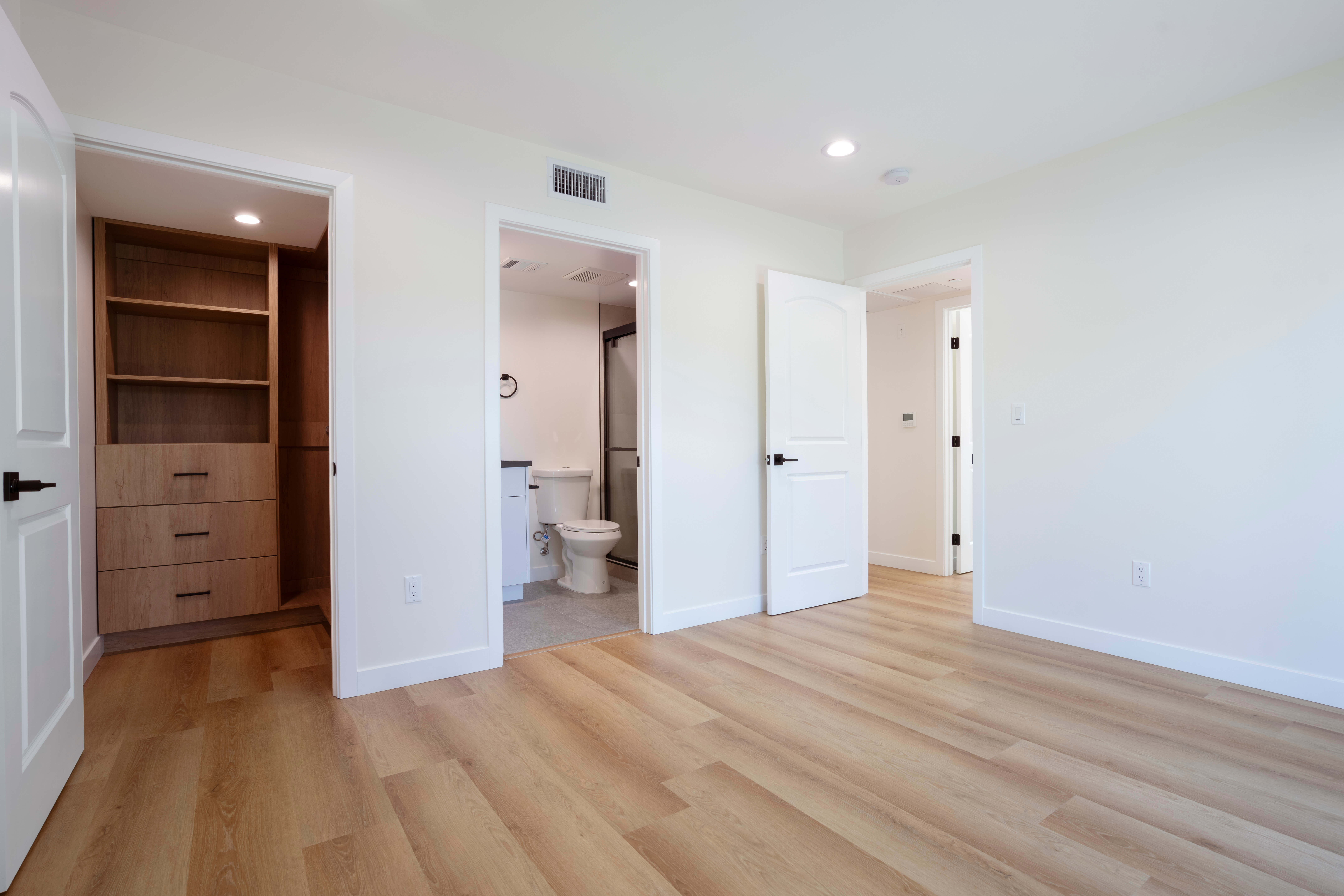

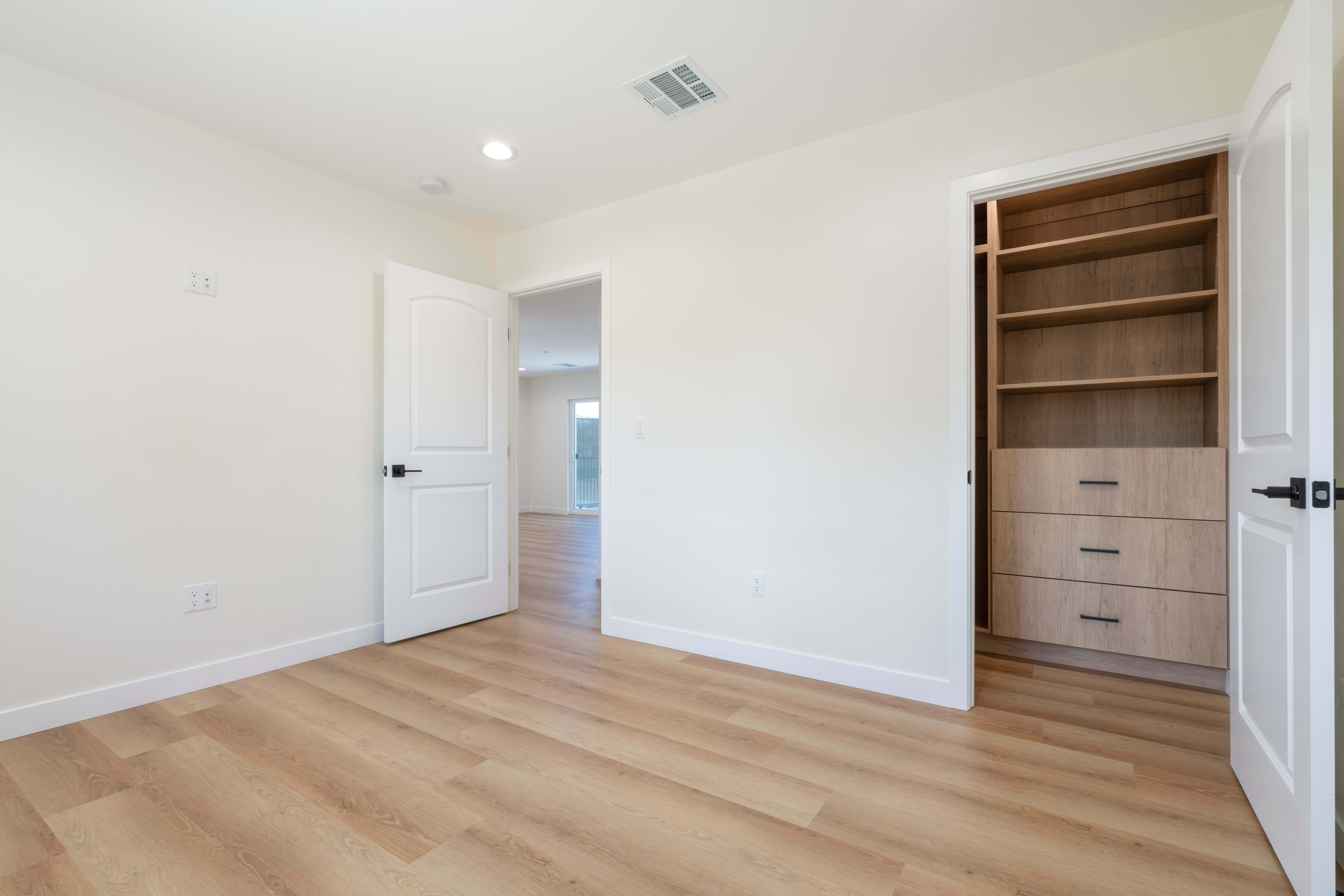
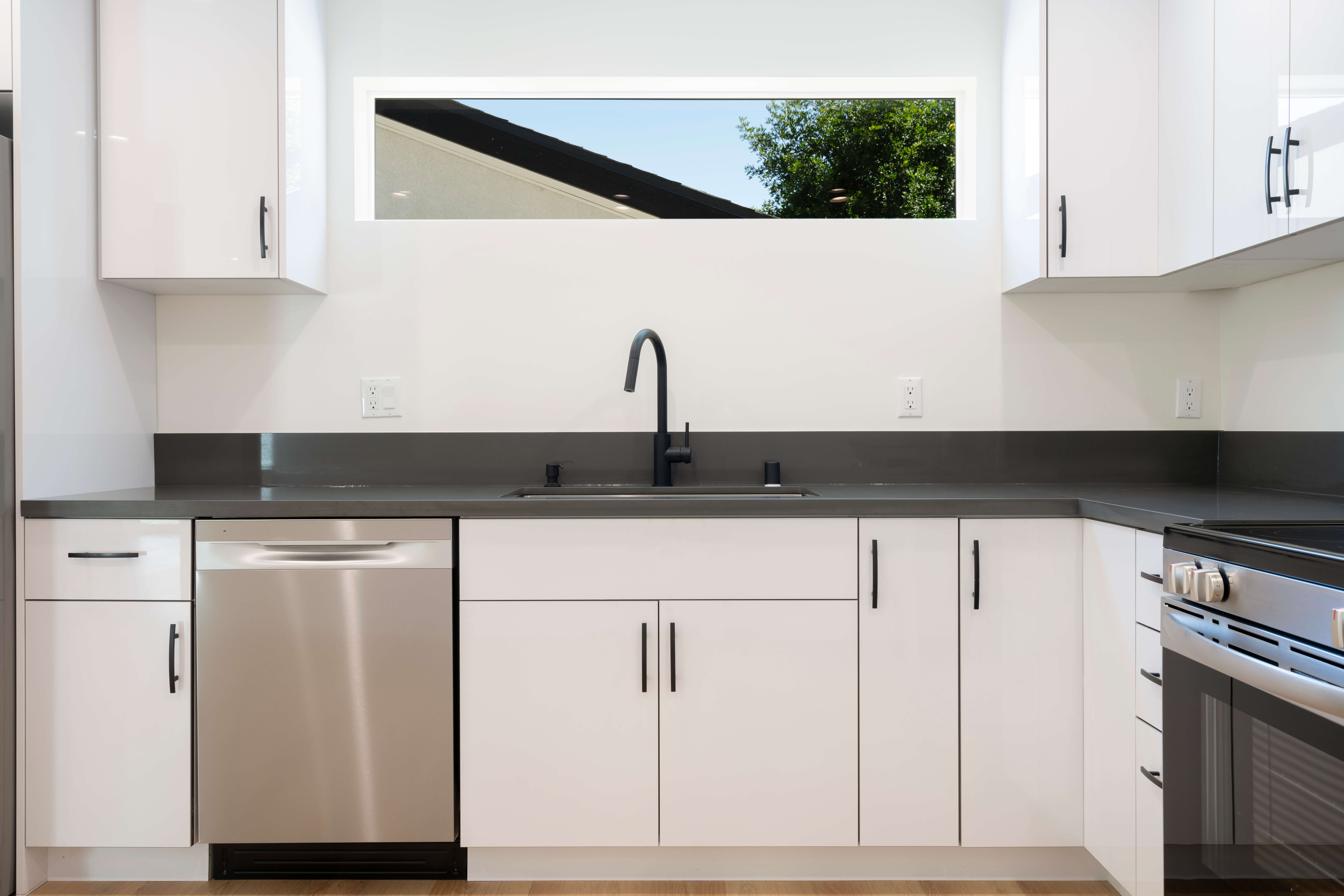
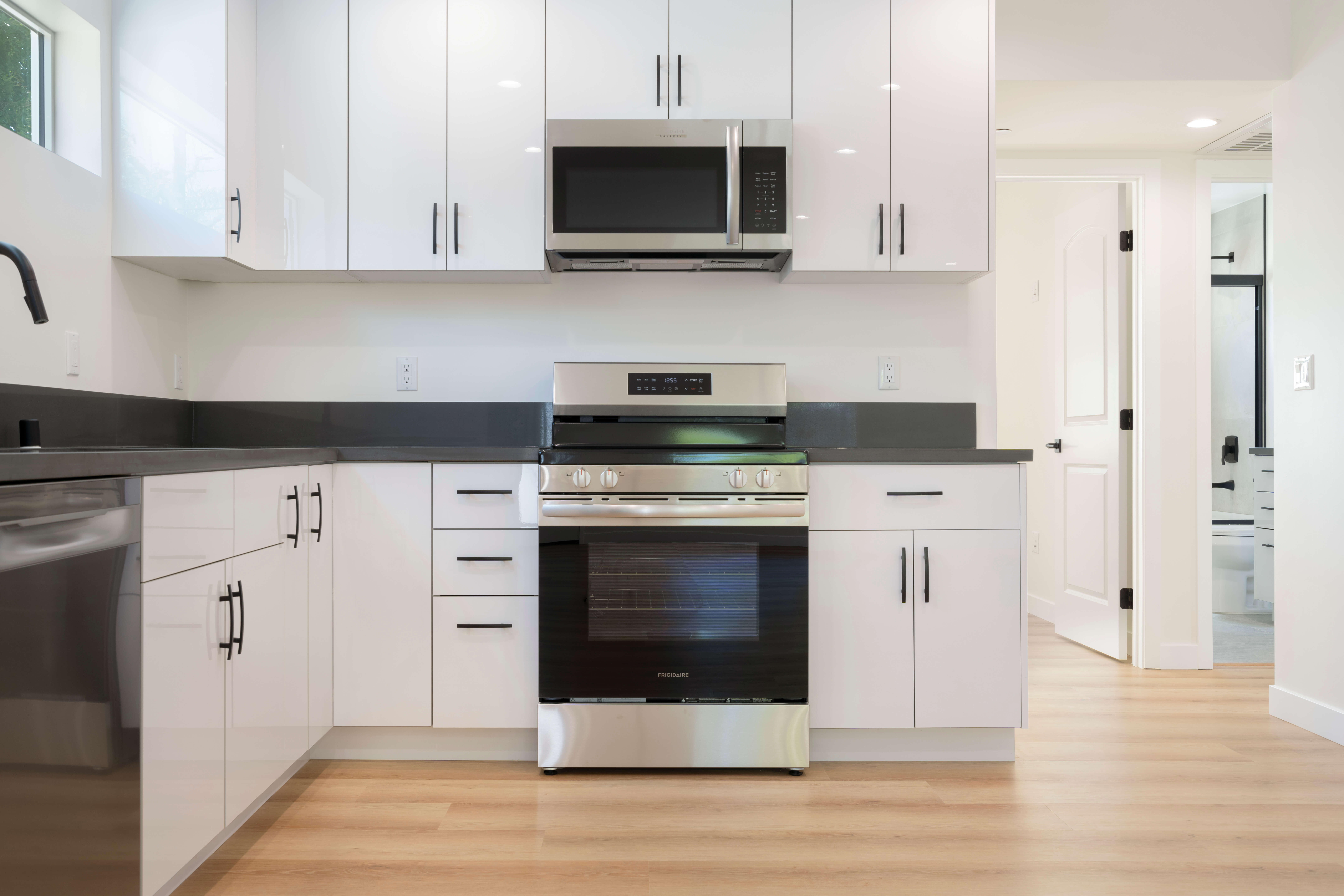

Ready to Build Your Phoenix ADU?
Take the first step toward expanding your property's potential and value.